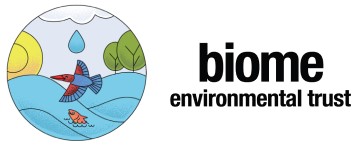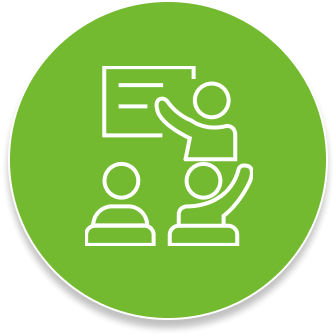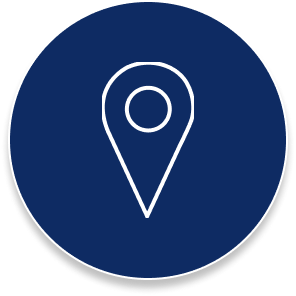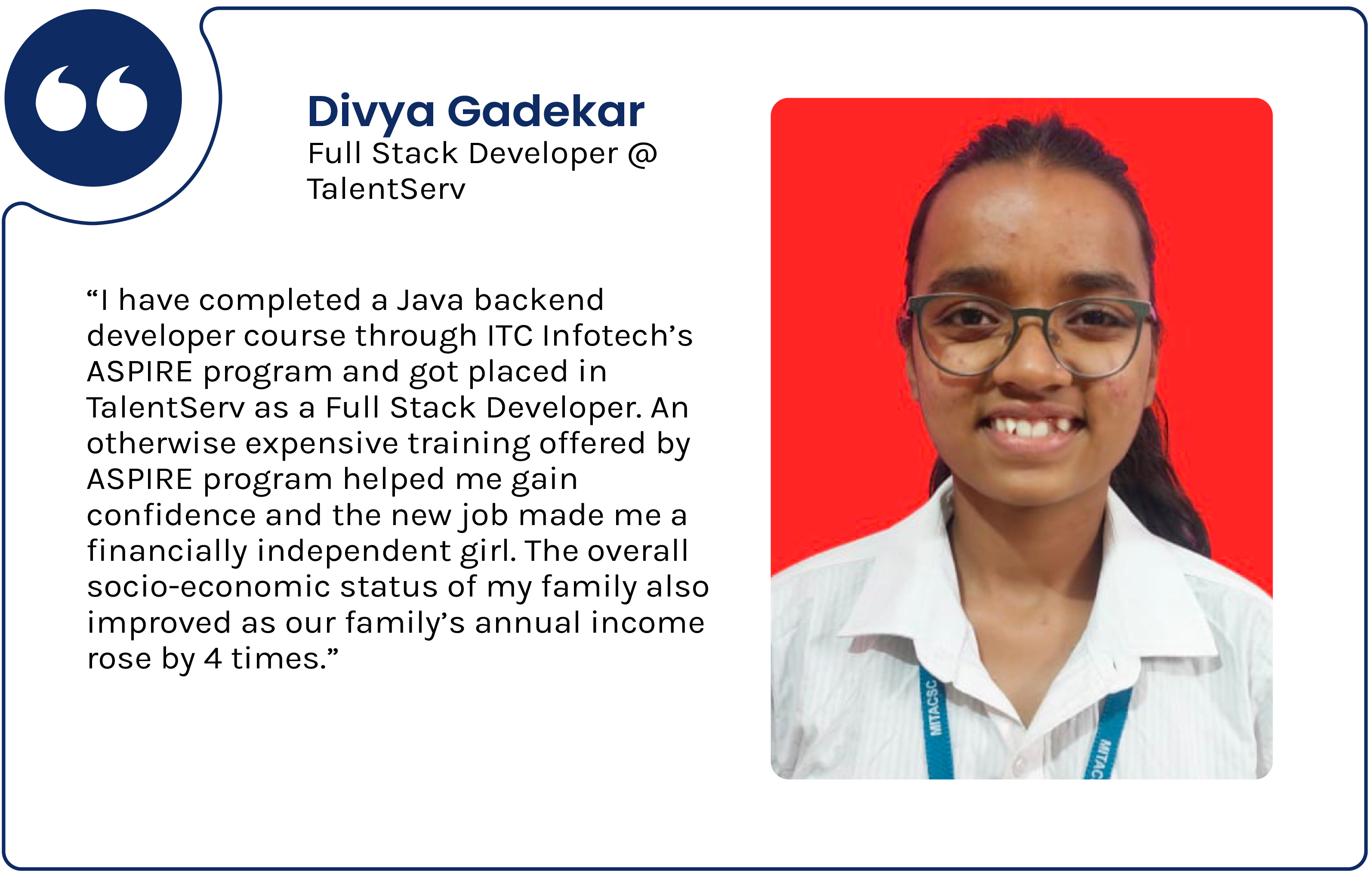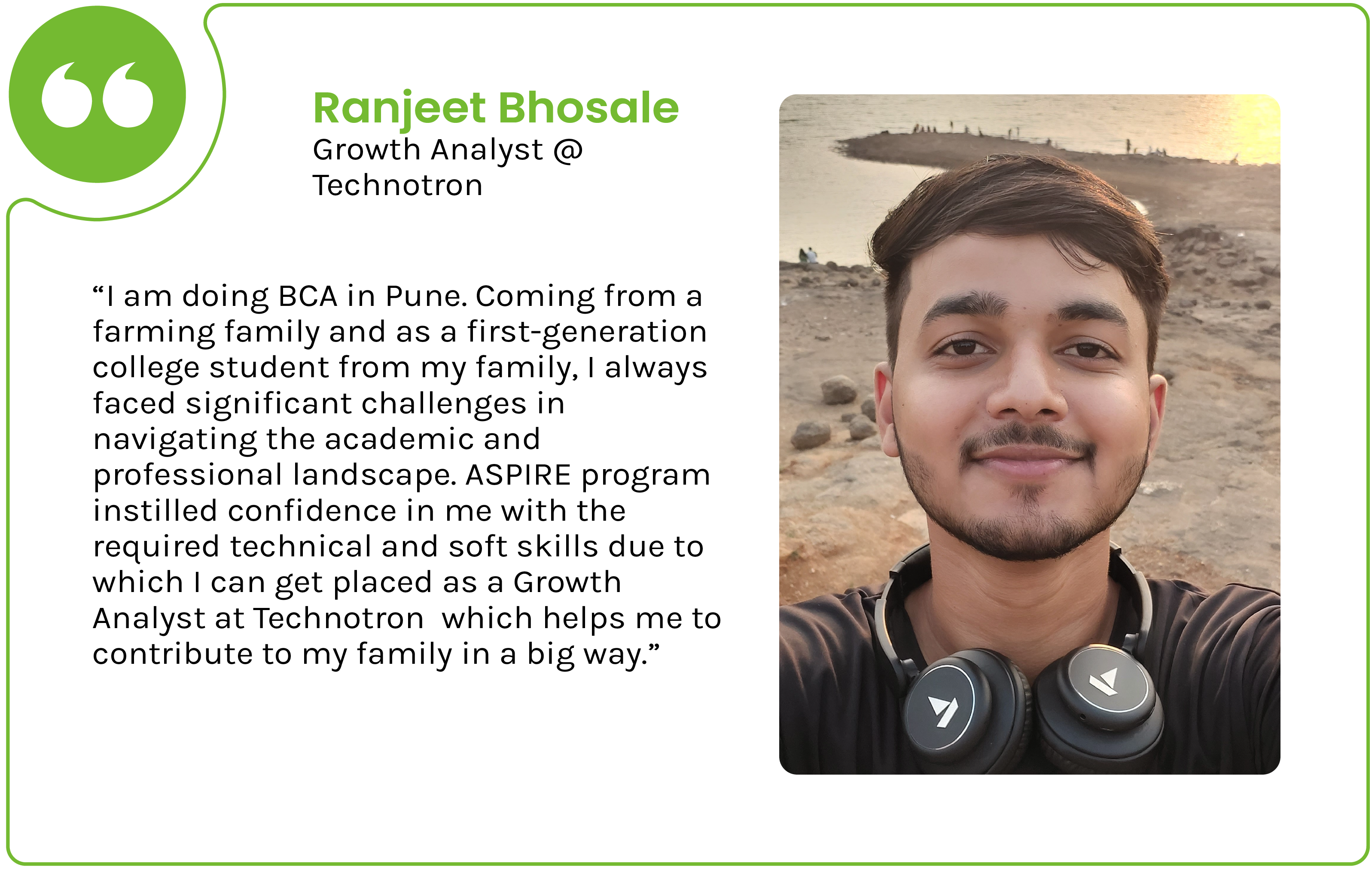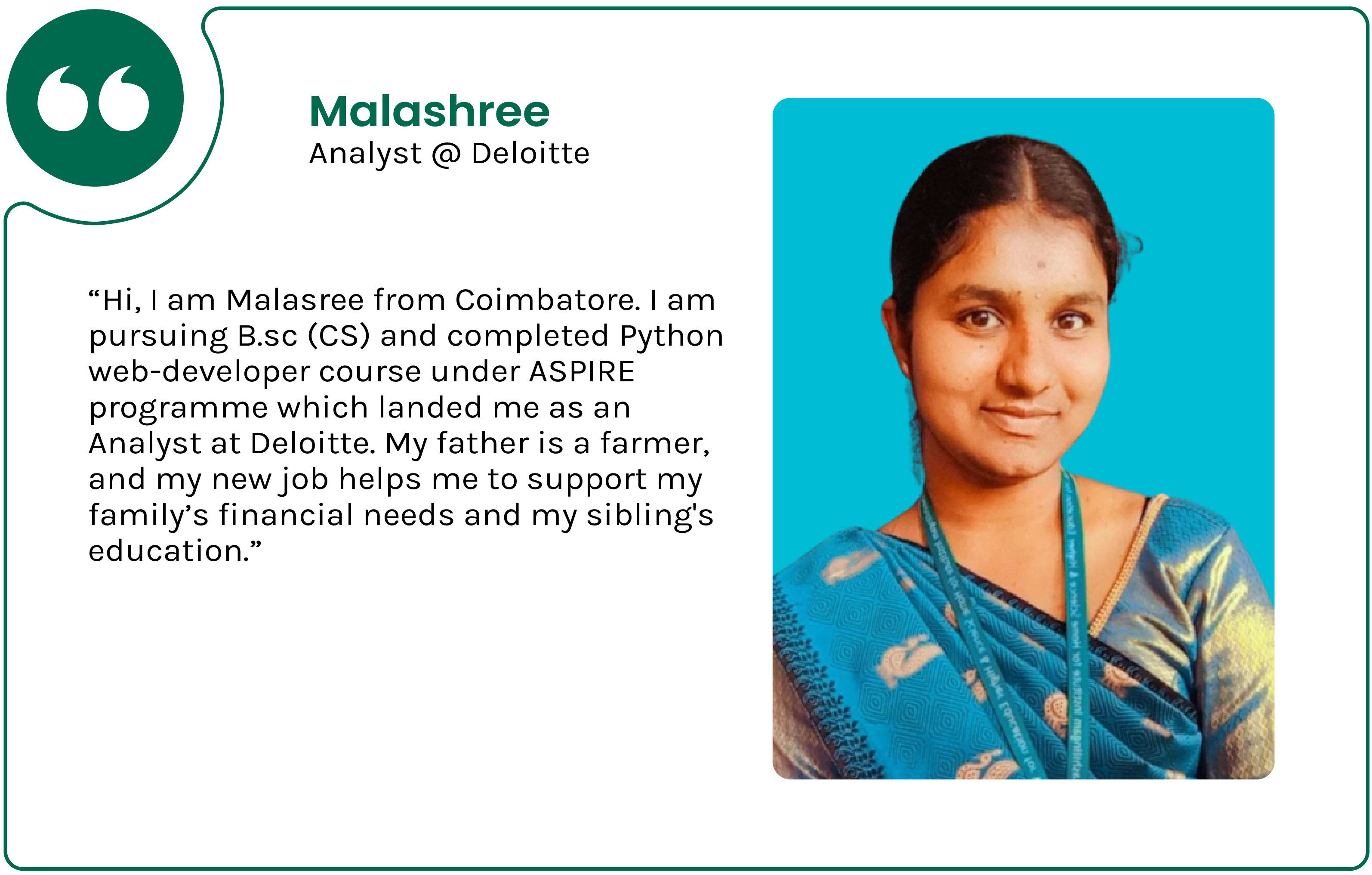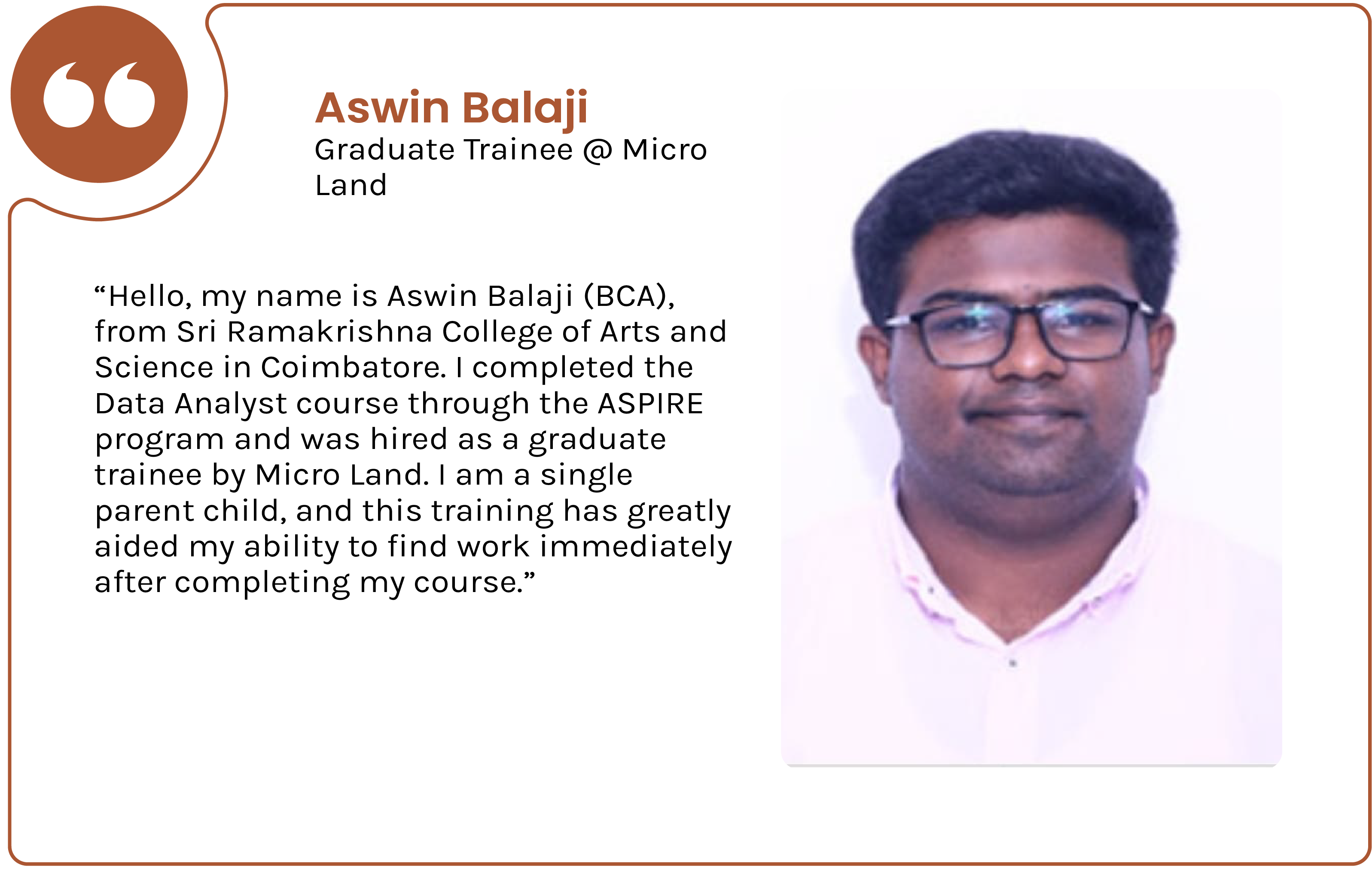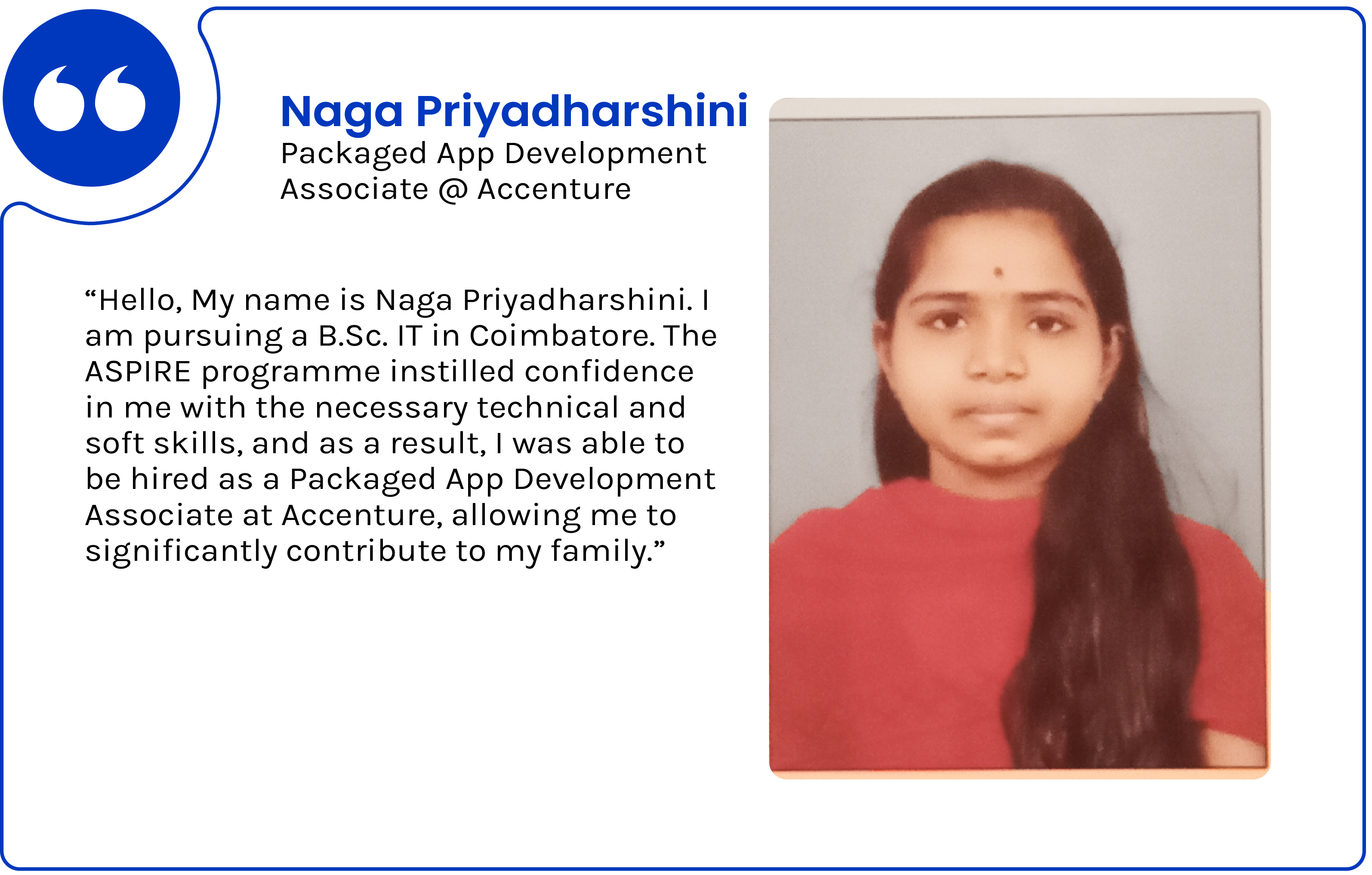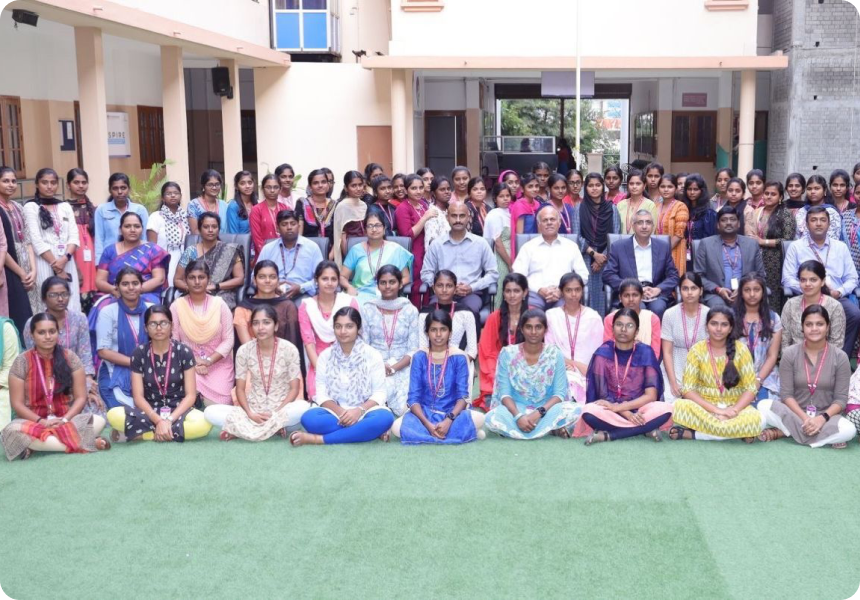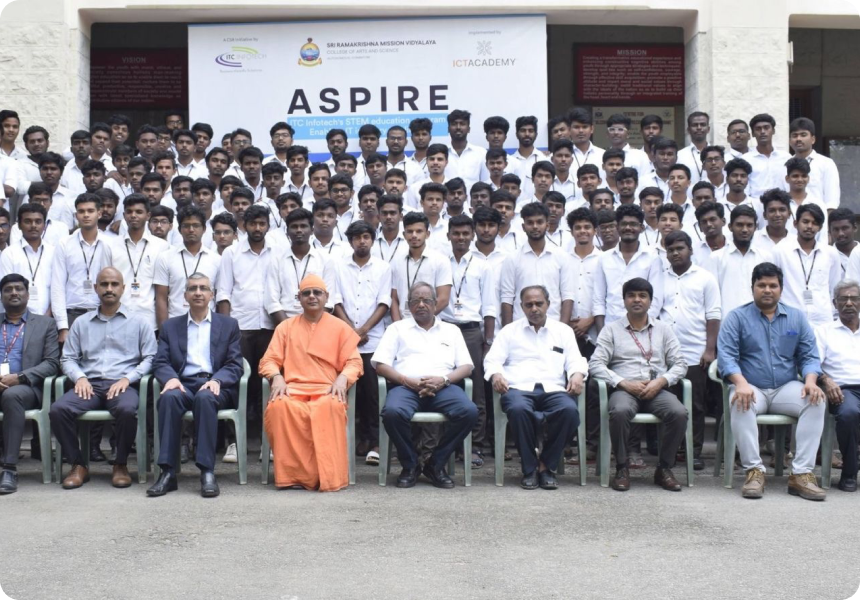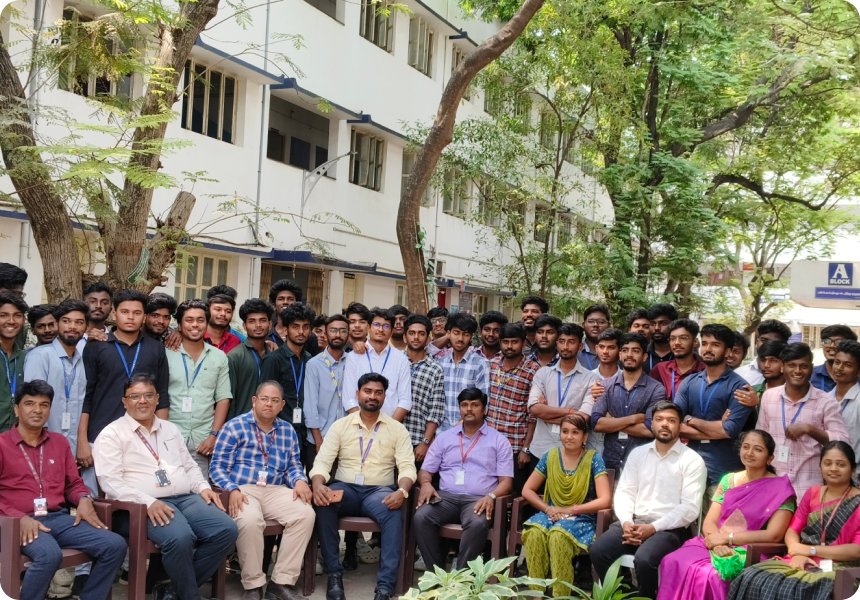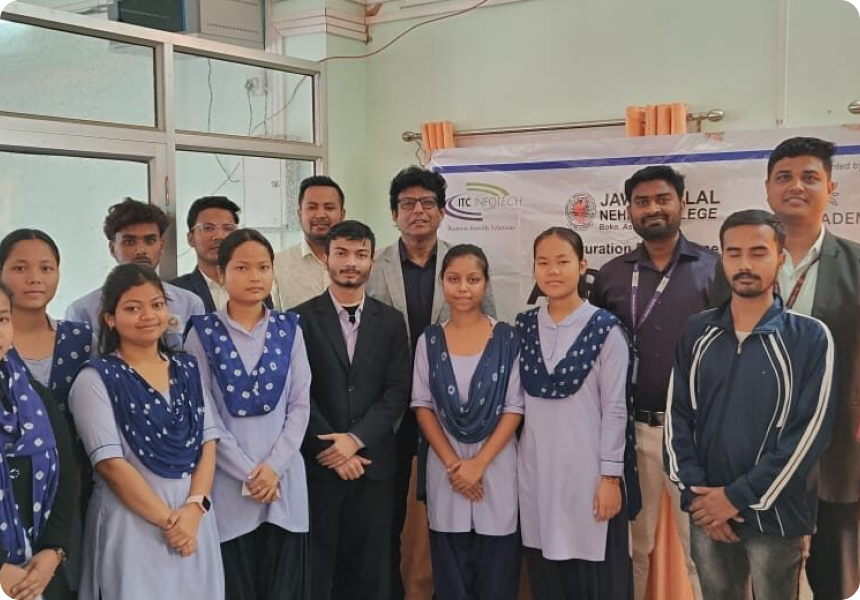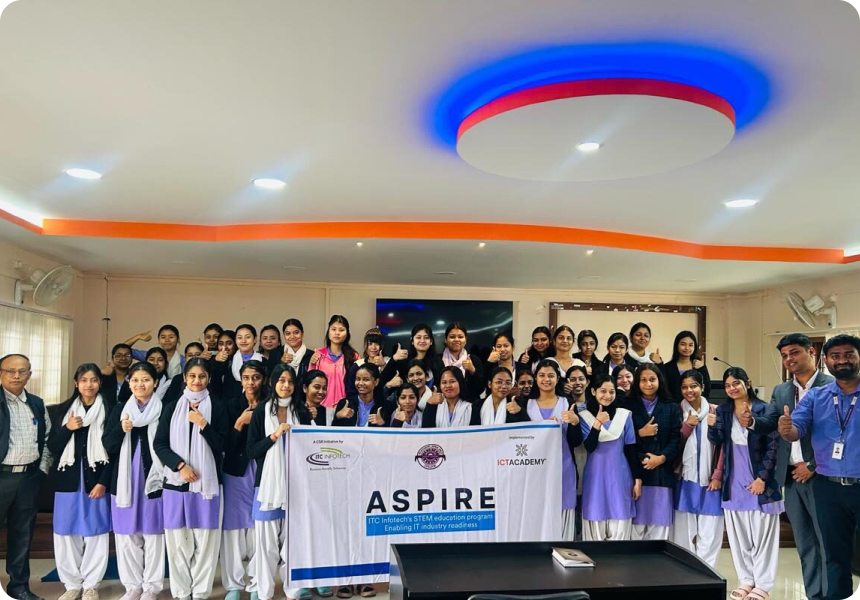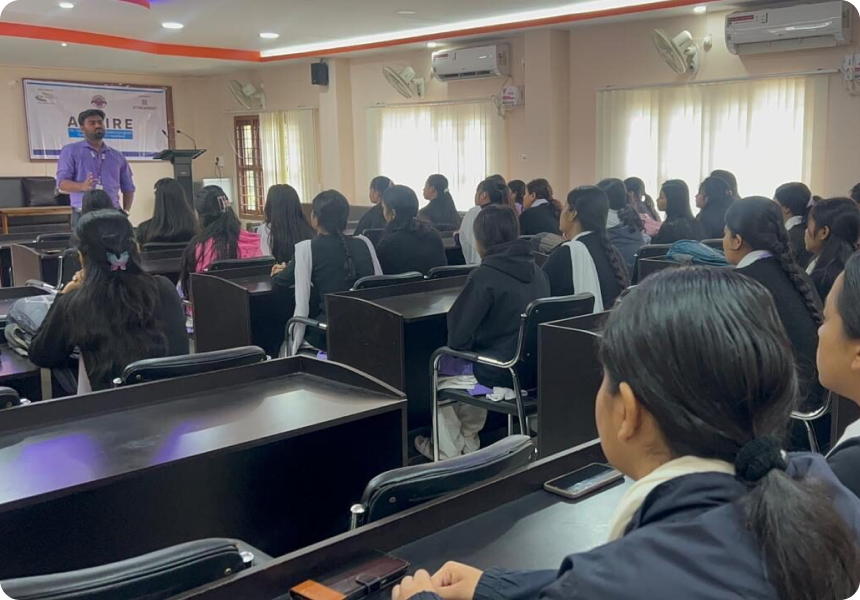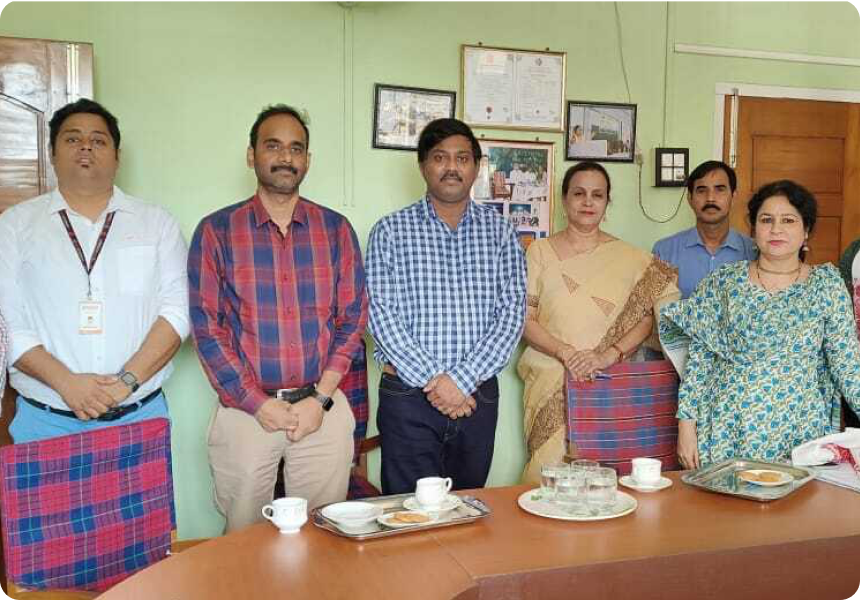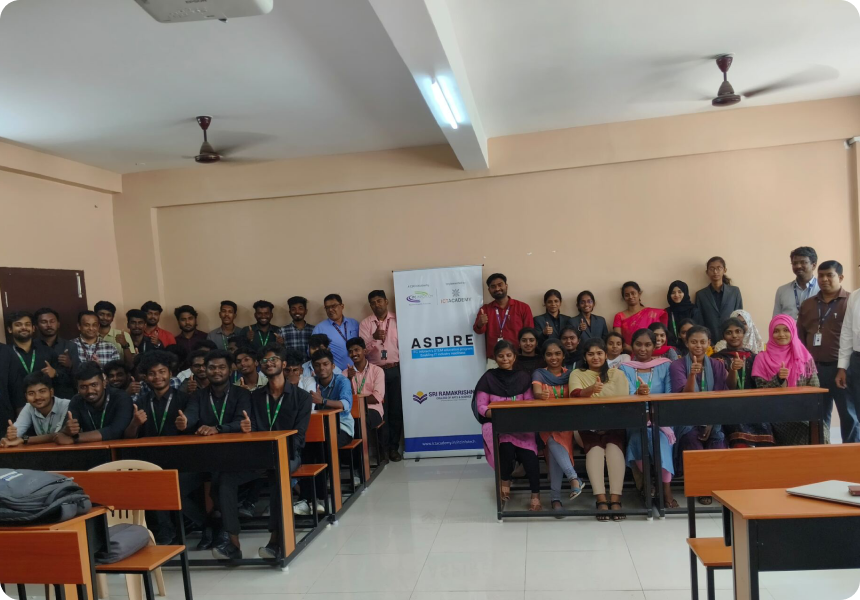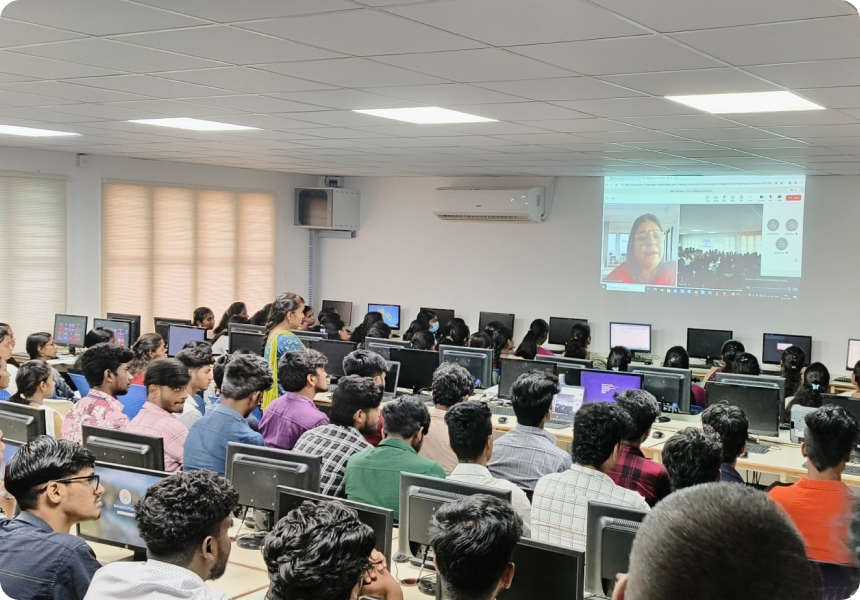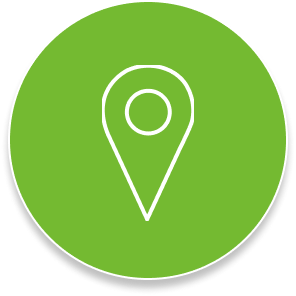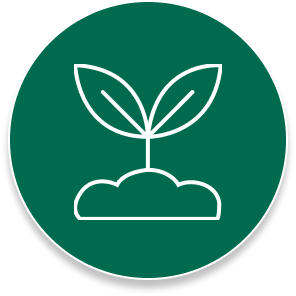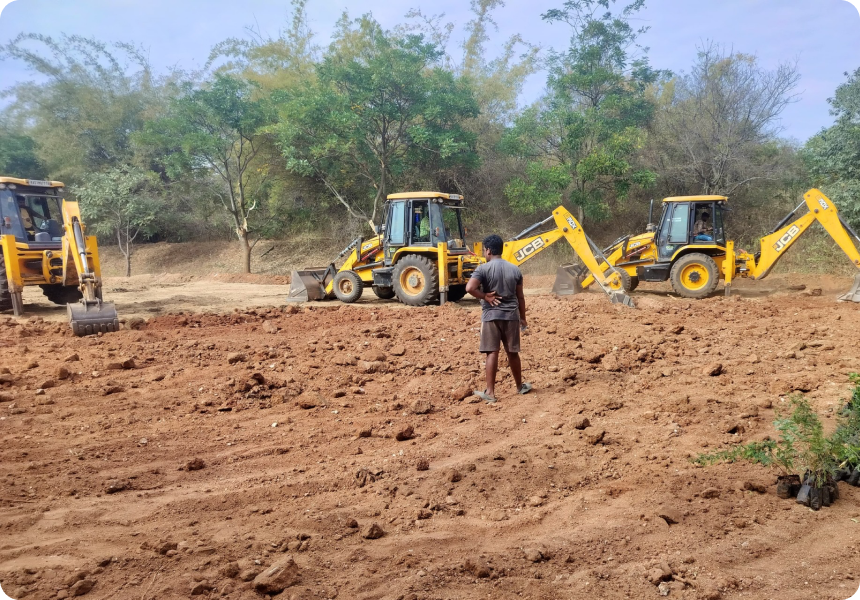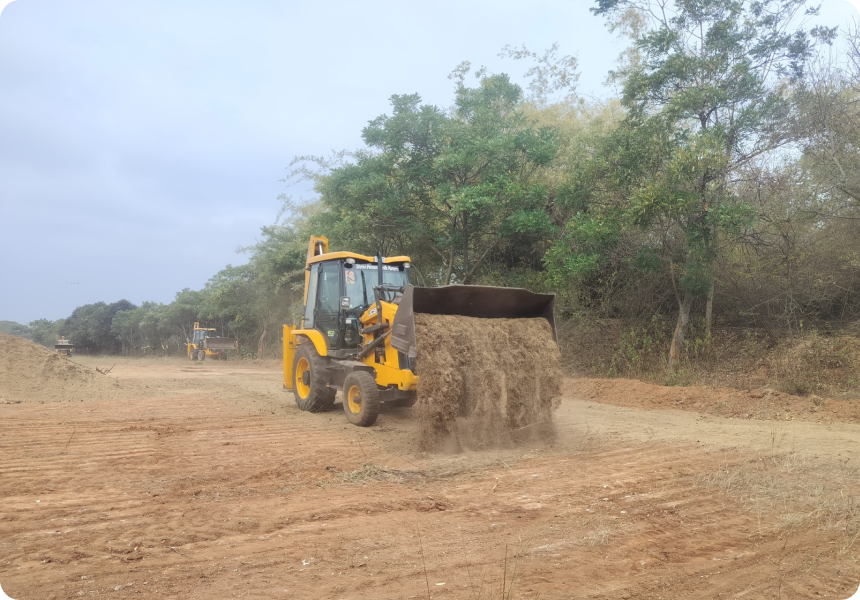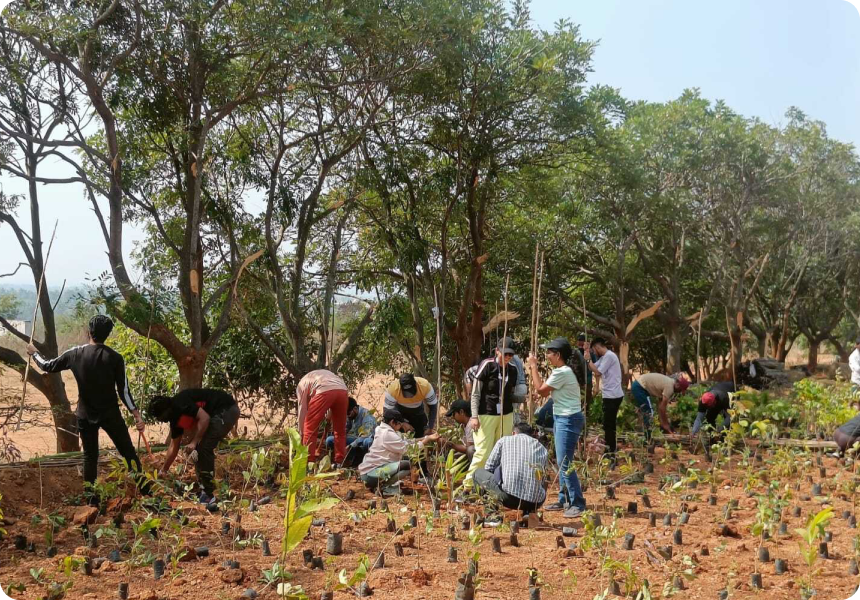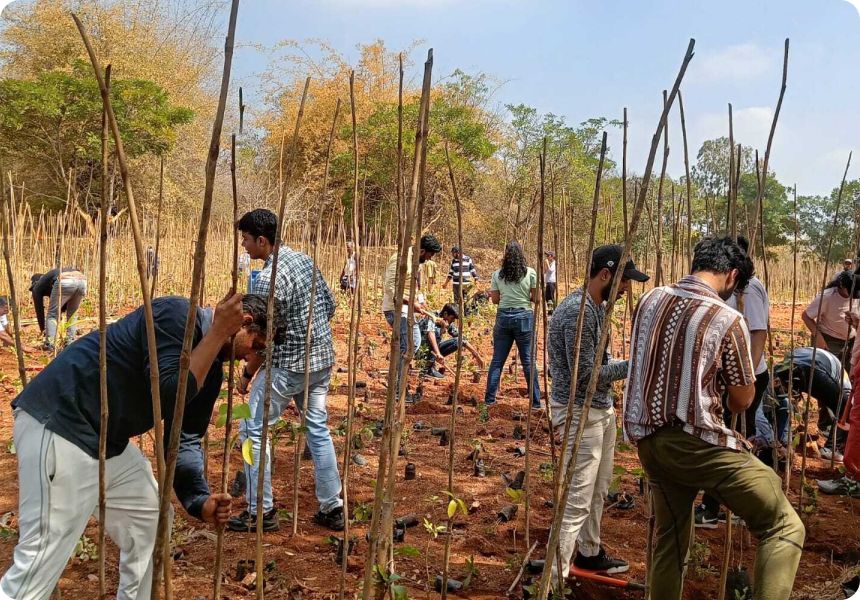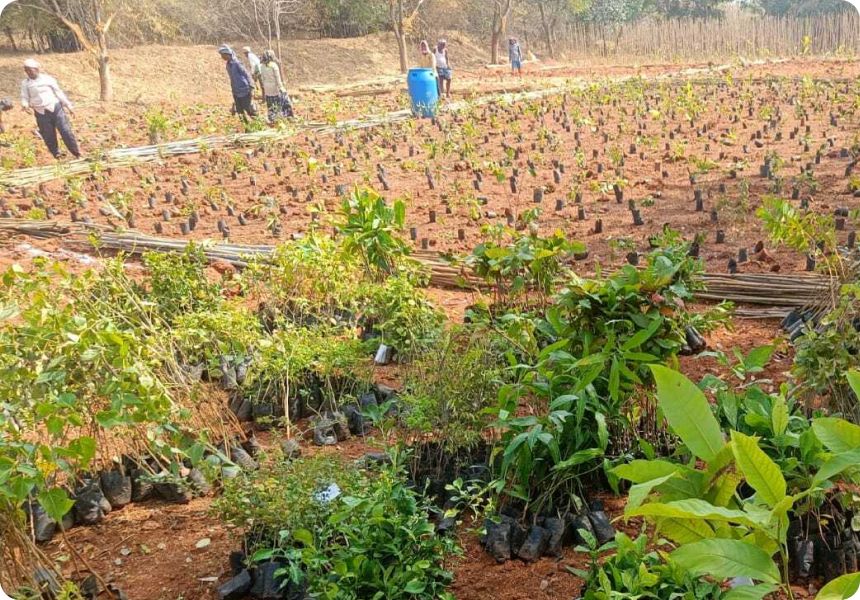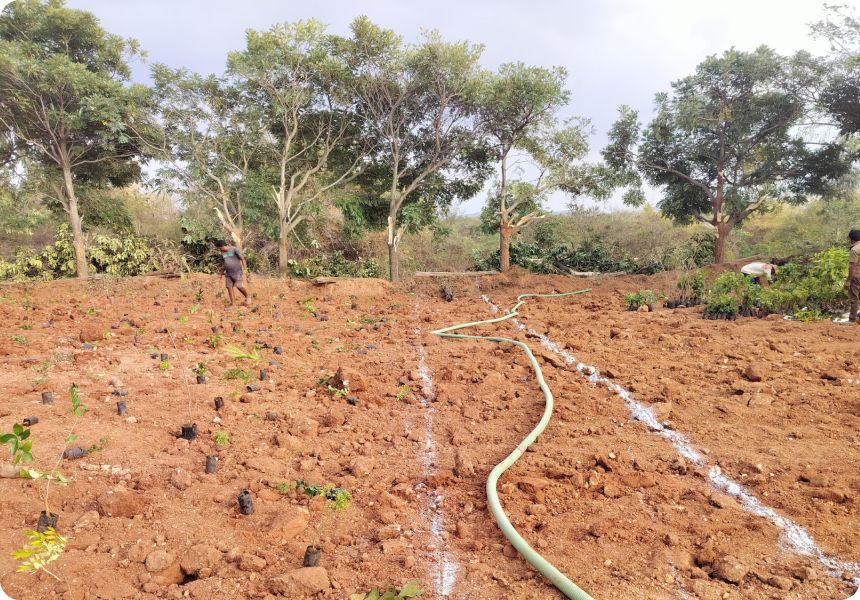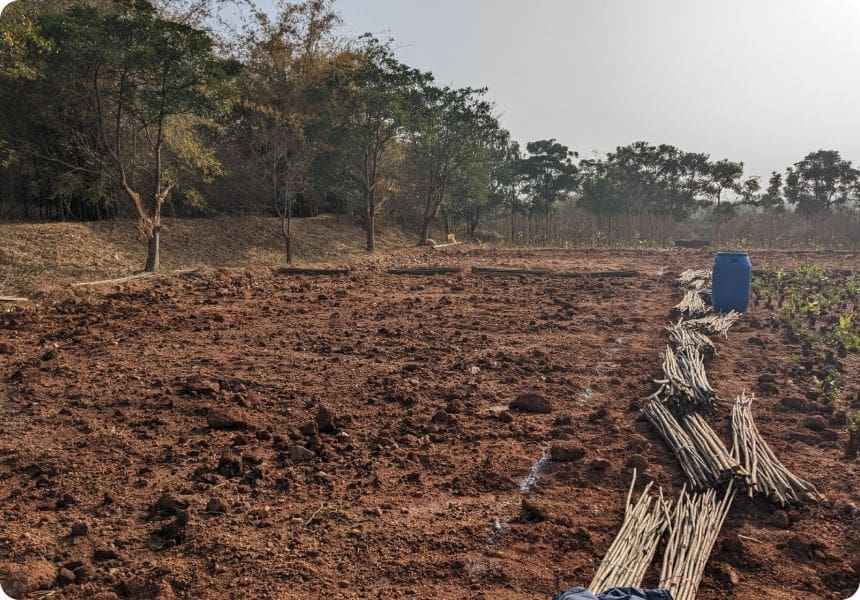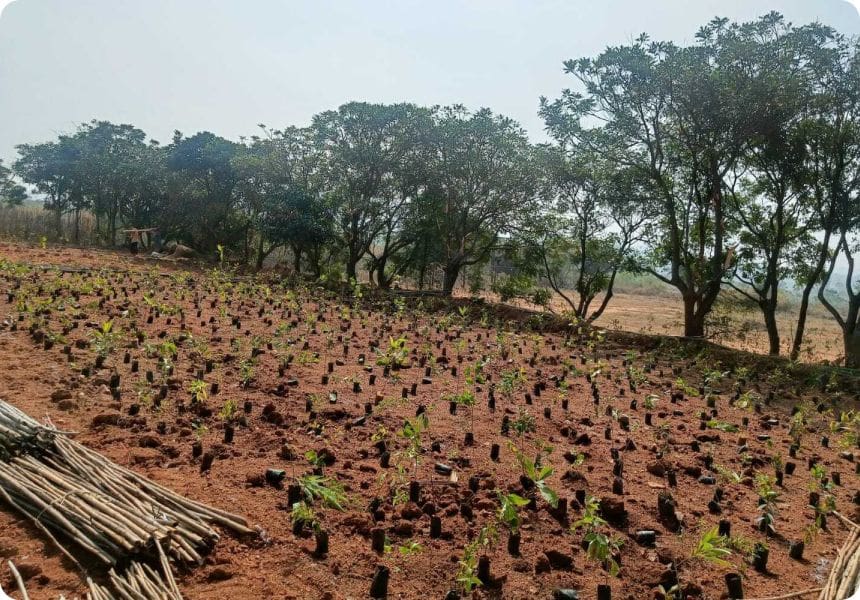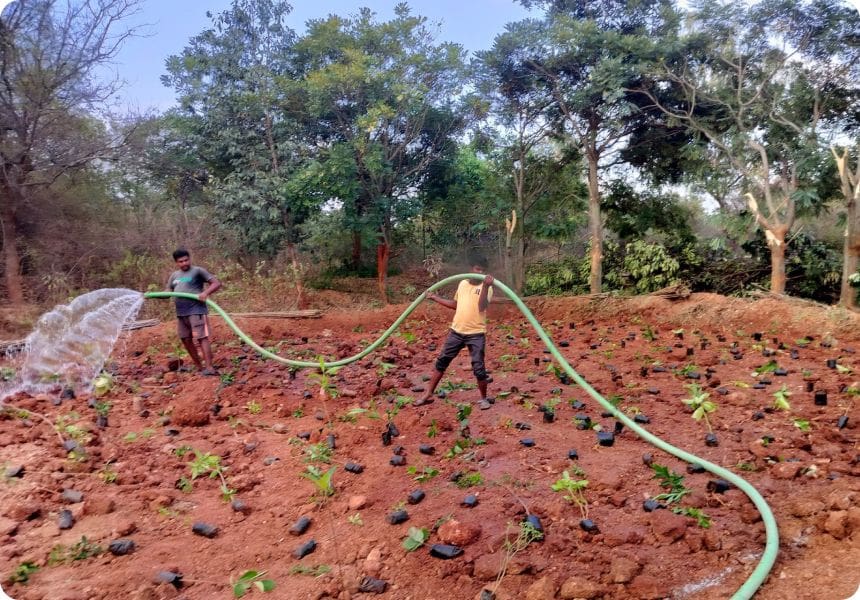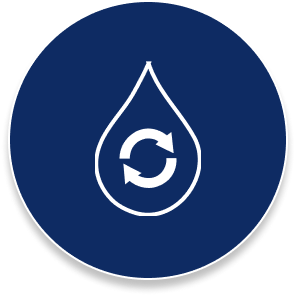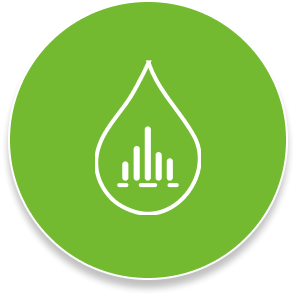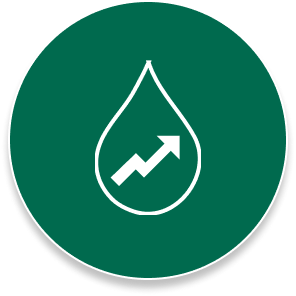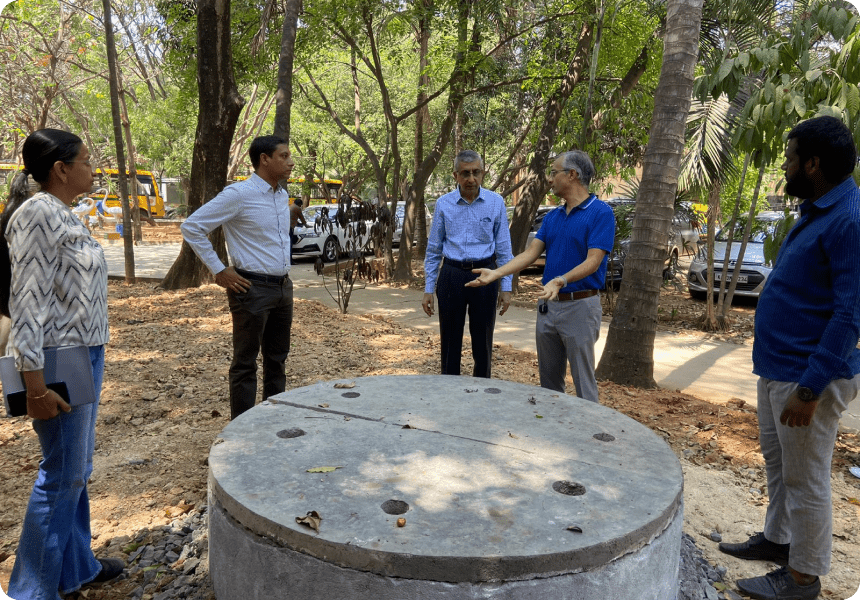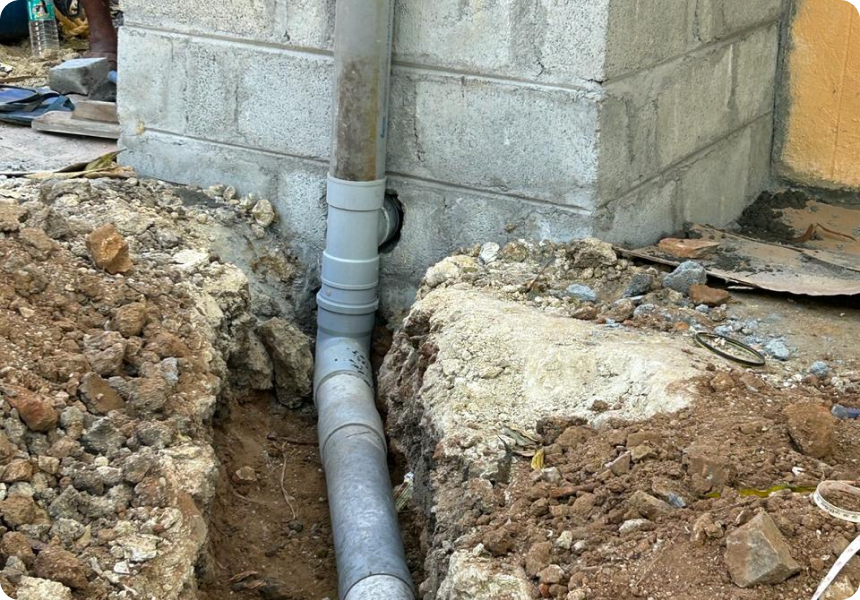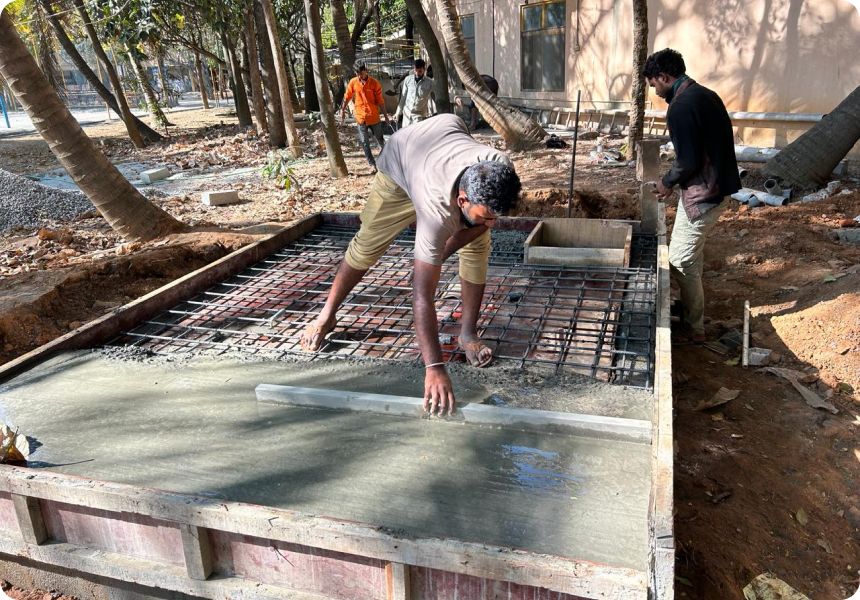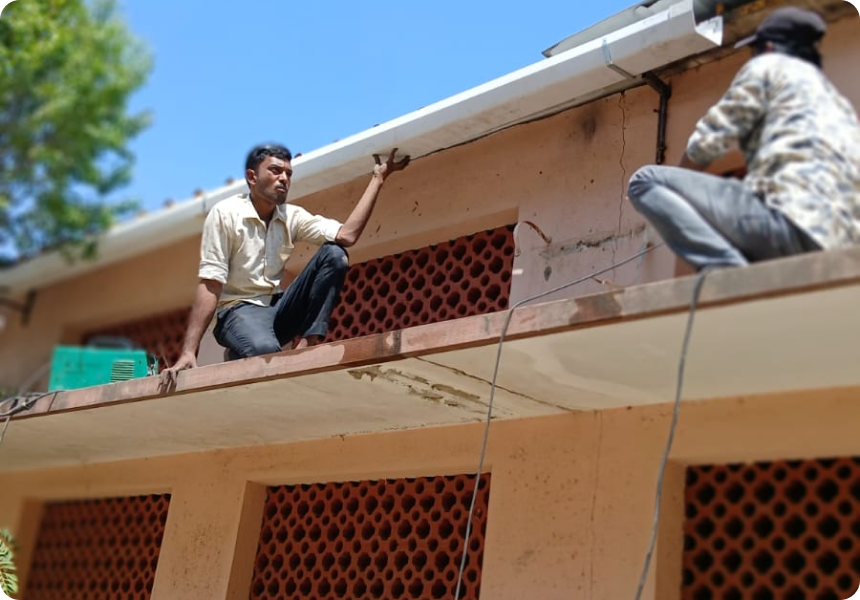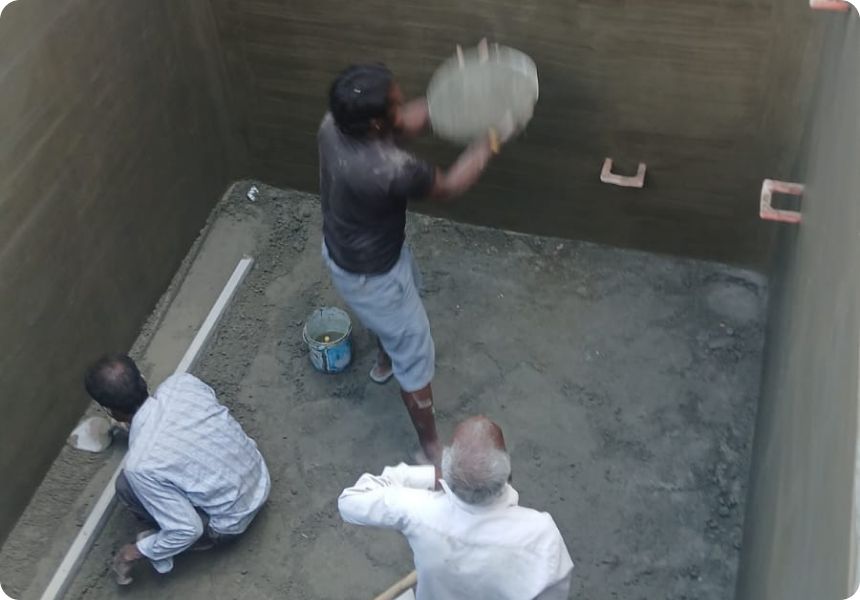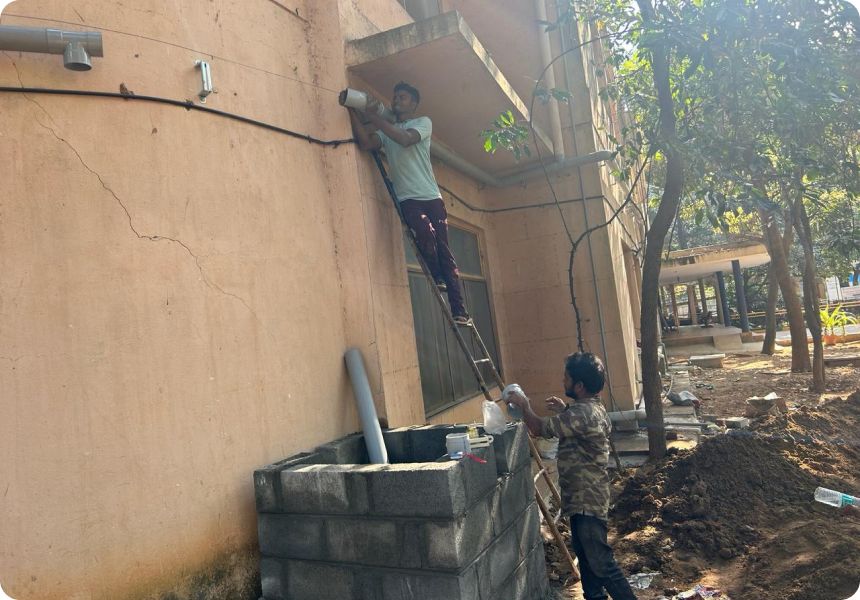

ASPIRE - STEM
Project Overview
Our flagship STEM initiative, the ASPIRE program, started in 2022, is a collaborative effort with our NGO partners to enhance the employability of non-engineering students, particularly women and first-generation learners from socio-economically disadvantaged backgrounds, by equipping them with advanced IT skills.
Most participants hail from families with meager annual incomes. Over time, the ASPIRE program aims to improve the socio-economic conditions of the families involved.

Project Objective
Graduating non-engineering students are trained and certified, in best-in class industry-aligned IT skills, with a minimum of 60% placement facilitation. The goal is to improve their annual family earnings by 50% within 12 months of program completion.
Project Lifecycle
Project Summary

Training Progress:
*Cumulative figures, including figures planned for FY 2024 – 2025
Placements:
FY 2022 - 2023
FY 2023- 2024
Our Partners

ICT Academy is an initiative of the Govt. of India in collaboration with the state governments and industries to train and develop teachers and students to be industry-ready. ICT Academy was started to meet the skill requirements of the industry and generate more employment especially in tier 2 and 3 towns, the rural parts of the country.
Through its various initiatives, ICT Academy has been part of strengthening India’s four important visions on Skill India, Digital India, Startup India and Make in India.

Established in 2001, Nasscom foundation has been witnessedas one of the transformative powers of technology for the last 20 years.
Nasscom Foundation is rooted in their core philosophy of TechForGood, where their efforts are focused on unlocking the power of technology by creating access and opportunity for those who need it most. Nasscom foundation works on helping people and institutions tackle social and economic challenges through technology.
Photo Gallery
Urban Plantation
Project Overview
ITC Infotech’s urban plantation program aims to enhance the greenery of urban landscapes. Utilizing the Japanese Miyawaki plantation technique, this initiative seeks to sequester carbon, strengthen soil, and purify water and air, thereby contributing to a healthier urban environment.
Key Outcomes Envisioned
- Increase green spaces and enhance biodiversity to promote healthier urban environment
- Sequester approximately 1,000 metric tons of CO2 equivalent over 15 years
- Support the Government of India’s initiative to increase the nation’s green cover to 33.33%
- Ensure minimum 80% survival rate of planted saplings
Project Progress and Impact
*Cumulative figures, including figures planned for FY 2024- 2025
Project Implementation Lifecycle
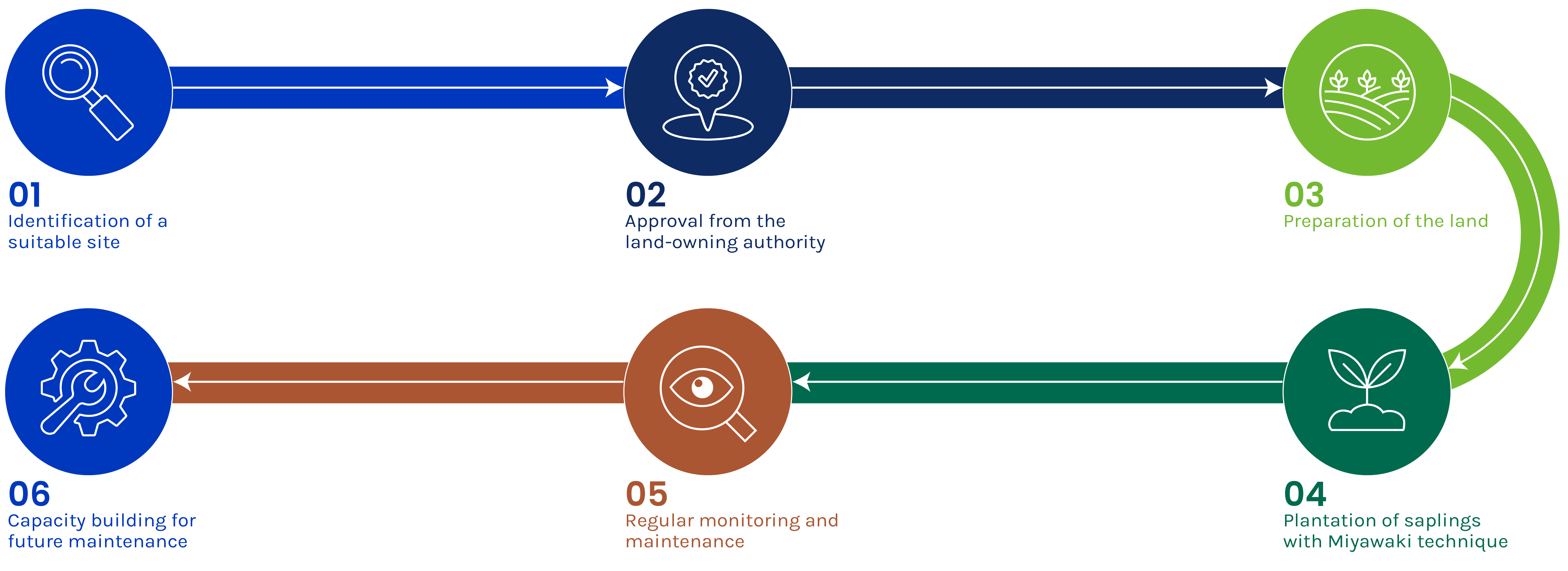
Our Partners
SayTrees Environmental Trust:
SayTrees is a community of ardent environment enthusiasts who believe in protecting and maintaining our planet for future generations. Through various partnerships and collaborations, SayTrees intend to increase the impact to ten million hectares of land and water bodies, touch ten billion livelihoods, and sequester fifty million MT carbon by 2035.

Photo Gallery
Urban Water Management
Project Overview
ITC Infotech’s Urban Water Management initiative is focused on promoting sustainable water solutions in cities through innovative practices such as rainwater harvesting, lake rejuvenation, and well restoration. Urban communities, which primarily rely on government water supply and groundwater to meet their needs, can significantly benefit from water conservation efforts.
Key Components
- Rooftop Rainwater Harvesting: Government and non-profit institutions are encouraged to meet up to 25% of their water needs through rooftop rainwater harvesting. Additionally, a significant amount of the collected rainwater is directed into aquifers through recharge wells or pits to sustain and increase the ground water level
- Lake Rejuvenation: This process enhances water accumulation in the lakes from the surrounding catchment area, thereby increasing overall water availability. Additionally, this accumulation of water promotes groundwater recharge. Lake rejuvenation activities include cleaning, de-silting, bund formation, and outlet construction
- Well Rejuvenation: This involves restoring old, defunct wells to help nearby communities in meeting their water needs
Project Progress and Impact
*Cumulative figures, including figures planned for FY 2024- 2025
Project Implementation Lifecycle
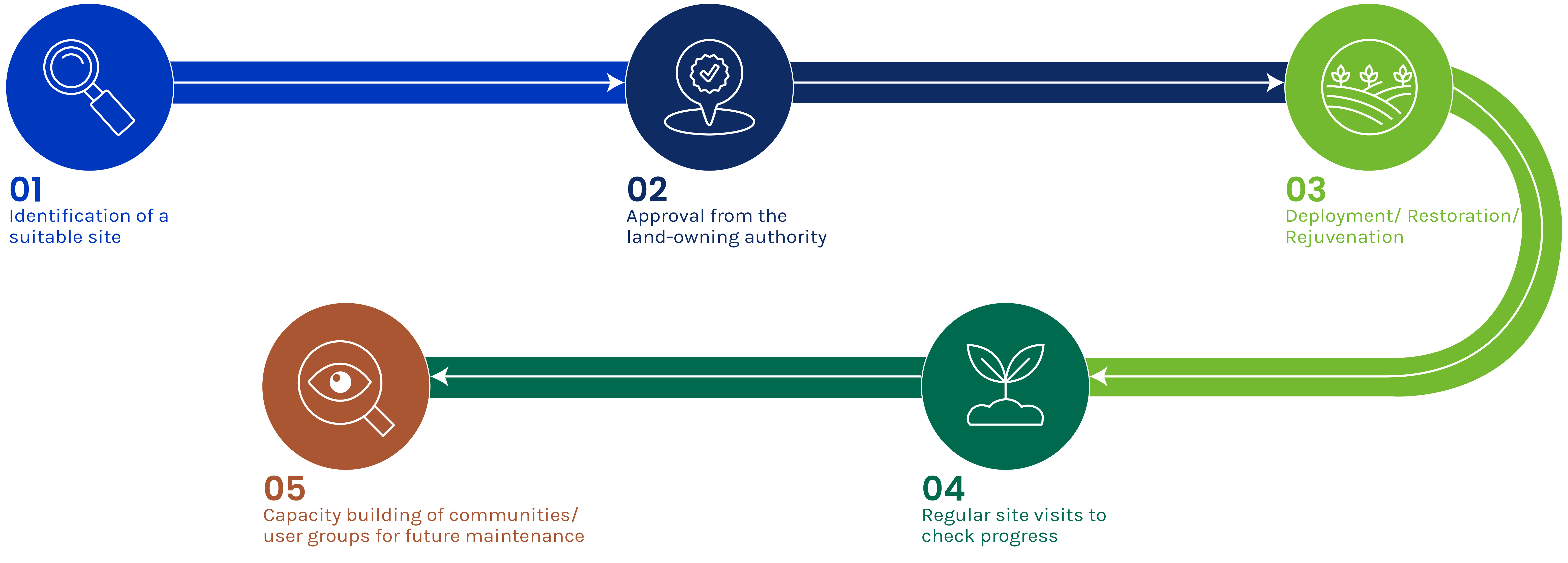
Our Partners
Biome Environmental Trust:
Biome Environmental Trust aims to facilitate and foster ecological architecture, rainwater harvesting and other environmentally and socially responsible practices in land-use and water sourcing, supply, usage, treatment and management. Its range of activities includes practice, education, research and consultancy and implementation facilitation.
